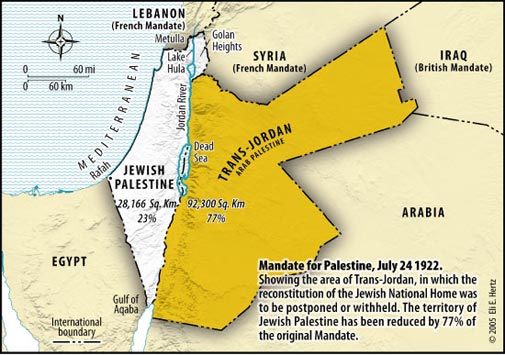[Published 17 December 2019]
History will not kindly recall Israel’s power-hungry politicians who have forced a third election within twelve months on Israeli voters at a direct cost of another US$135 million.
The politicians’ inability to form a Government of National Unity is derelict — especially after Israel’s President Reuven Rivlin entreated them to do so.
The Jewish calendar is replete with both happy and sad times in the history of the Jewish people spanning thousands of years — faithfully remembered on each anniversary.
The period between 18 November 2019 and 11 December 2019 — which I call The Time of Missed Opportunity — could qualify for inclusion in that calendar.
November 18 marks the day US Secretary of State Mike Pompeo declared that the US did not regard Jewish settlement in Judea and Samaria (West Bank) as being inconsistent with international law.
December 11 marks the last day a Government of National Unity could have been formed to finally set Israel’s secure and recognized boundaries under Security Council Resolution 242 — within which the Jewish people would reconstitute the Jewish National Home 100 years after the San Remo Convention laid the groundwork on April 25, 1920.
Israel and the Jewish World have been divided as to where those boundaries should be — particularly since Judea and Samaria (the disputed territories) were conquered by Israel in the 1967 Six Day War enabling Jews to return and live there after having been expelled and driven out in 1948 by six invading Arab armies.
Israelis espouse views ranging from extending Israeli sovereignty to all the disputed territories to sovereignty over none. Compromise somewhere in between could have possibly been found with a Government of National Unity making consensus decisions acceptable to the overwhelming majority of Israel’s population.
Two deadlocked Israeli elections in April and September 2019 have exposed a very disturbing political rift among Israeli voters as Israel confronts its Arab neighbours who seek to destroy it — and its international enemies at the United Nations who seek to deny that Jews have any legal right to live in the disputed territories guaranteed by article 6 of the League of Nations Mandate for Palestine and article 80 of the United Nations Charter.
This Jewish divisiveness has a bitter parallel in Jewish history — the Bible recounting that on the succession of Solomon’s son, Rehoboam, around 930 BCE, the land of Israel split into two kingdoms: the Kingdom of Israel (including the cities of Nablus and Samaria) in the north and the Kingdom of Judah (containing Jerusalem) in the south. These kingdoms remained separate states for over two hundred years.
Yuval Diskin, Israel’s former internal security chief, warned in 2015 that this could happen again:
“The two-state solution is becoming true for the Jews: The State of Judea is being built de facto side by side with the State of Israel. These are two nations whose differences are eclipsing their commonalities, a condition that is growing irreversible.Israel’s politicians — in rejecting a Government of National Unity and opting for a third election — have not acted in the national interest. They have chosen to continue political division and pursue personal ambition to achieve political power — rather than seeking national unity.
The State of Judea has different standards, different approaches to democracy, and it has two justice systems, one for Jews (Israeli law) and the other for Palestinians (martial law). Whether we want it or not, these two justice systems have divergent measures to adjudicate identical offenses”.
A third deadlocked election is the miracle and opportunity Israel needs to enable a Government of National Unity to set Israel’s boundaries.
Author’s note: The cartoon – commissioned exclusively for this article — is by Yaakov Kirschen aka “Dry Bones”- one of Israel’s foremost political and social commentators – whose cartoons have graced the columns of Israeli and international media publications for decades. His cartoons can be viewed at Drybonesblog.



















